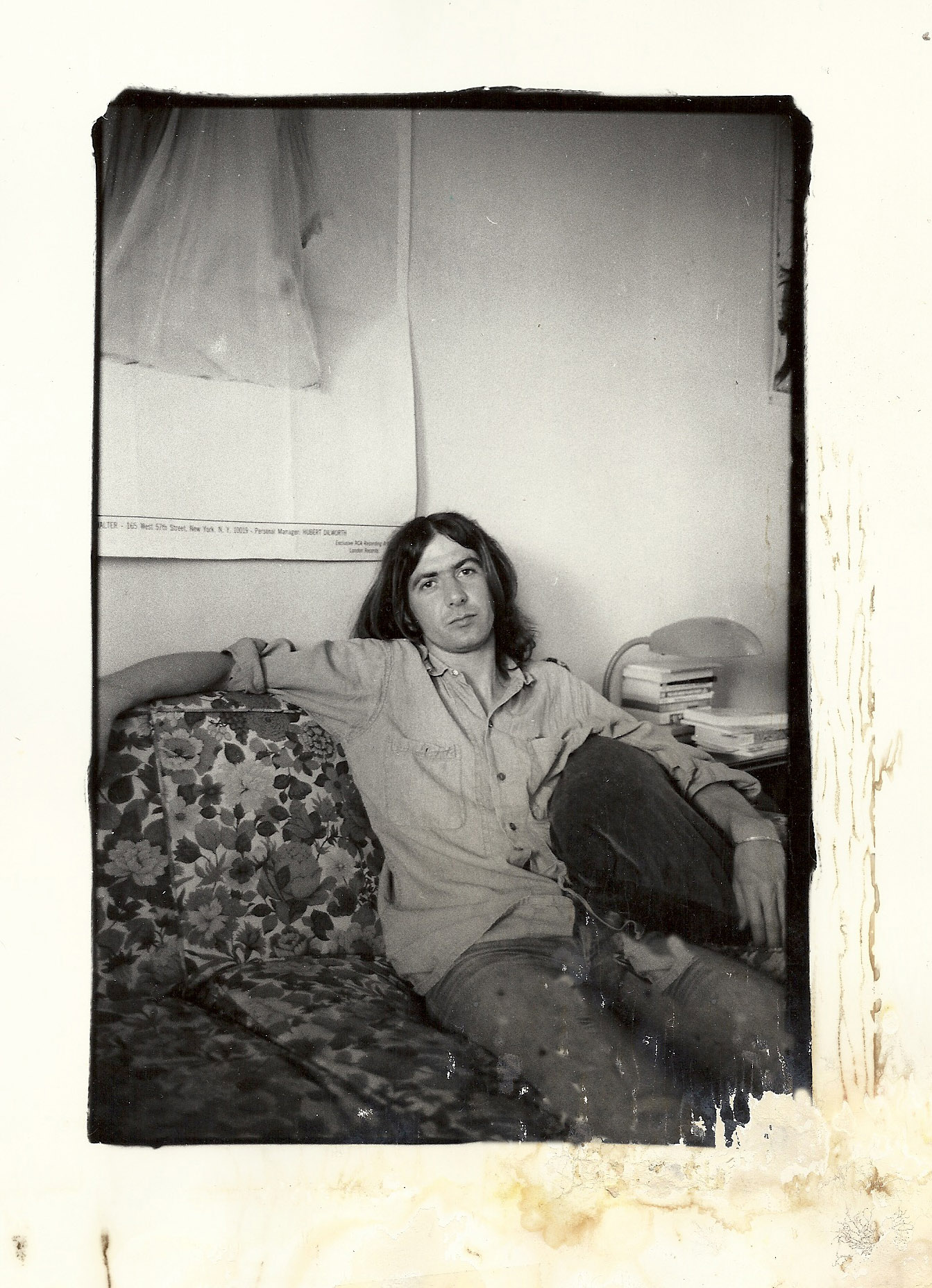Ed Cox

Ed Cox (1942 – 1992), a DC native, spent his entire life in the city, with the exception of four years in the US Navy. Cox was a political activist, and active in the Mass Transit reading series in the 1970s and 80s. Cox taught poetry workshops in battered women’s shelters and senior adult housing, and edited two anthologies of his students’ poems, Seeds and Leaves (1977), and Some Lives (1984), as well as publishing two books of his own, Blocks (Some Of Us Press, 1972), and Waking (Gay Sunshine Press, 1977). His Collected Poems (Paycock Press, 2002) was published posthumously.
Cox graduated from Archbishop Carroll High School, then studied for one semester at the University of Maryland. He worked for the US Association for the United Nations High Commission for Refugees, and helped to found DMZ GI, a coffeehouse for Vietnam War veterans seeking counseling and information about anti-war activities. Raised Catholic, he stated in an interview with E. Ethelbert Miller, “My biggest struggle has been the conflict between what does it mean to be a homosexual in terms of a lifestyle and what does it mean in terms of the spiritual life for me.” Cox was influenced by poets of faith such as Ernesto Cardenal and Thomas Merton, and read widely about philosophy and theology.
Of the DC poetry scene in the 1970s, he said, “We found a means through Mass Transit magazine or Some of Us Press to publish cheaply, and in an attractive way, good works of poetry that might not be on many bookshelves beyond Washington, DC but at least they would be available here…I think the thing holding us together was we were all products of an intense period of history in this country, and of conflict and tension and trying to find out what was on the other side of the coin about being human—outside of being a worker, student or father. And there were so many things coming into question—race, sexuality, women’s rights, militarism—that people, I think, felt an acute sense of isolation and did not know where to go with their anger and frustration. Suddenly you could get together in a room every two weeks and have people reading and talking about their work. You could have some guy flip out and sit there and yell for half an hour. Yet he could sit there and yell and no one was going to tell him that he was any less valuable than the person who could read three wonderfully-written sonnets who had studied in England for two years. There was something really good about that.”
He continued: “I feel my task as a poet is to somehow make connections between what is real and what is my own particular struggle to become and be a person…I feel that as a poet there is a way, somehow, for me in the poem and in language to talk about human dignity, about people’s righteous anger against basic human needs being taken away from them and ultimately the basic right of life being taken out of their hands. And the only sense of hope that I can feel is if I use my creative life in some way to try and say no to that type of insanity.”
Cox died of a stroke at age 46.
To read more about this author:
Richard McCann on Ed Cox: Memorial Issue, Fall 2003; and
E. Ethelbert Miller on Ed Cox: Profiles Issue, Fall 2006